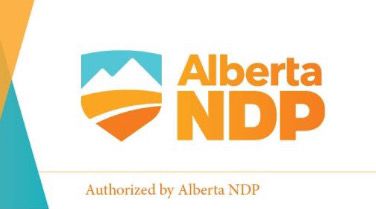
Francophone Alberta and Migrant Women |Monica Bassili
According to the capacities traditionally associated with women, advancing industries, technologies, and entrepreneurship is essential. In addition, job opportunities are concerned with men’s abilities. Not only do women have the advantage in the areas of organization and home regulation, but these skills are essential for politics.
When I lived in Vancouver, I saw more francophone opportunities. One reason is the connection between French-speaking immigrants and Indigenous peoples. Both groups have a systemic problem and colonization that is transmitted around the world. Therefore, English and French are the primary languages.
Before European settlers colonized Indigenous lands and peoples at Turtle Island, Indigenous peoples across the continent spoke many different languages. So language is the basis of culture and identity. Adding recent immigrants from colonized Africa, the diversity of languages around Canada is manifested especially in popular cities by multicultural and multilingual people.
Zaire in Edmonton
One of the most destructive cases is the French colonization by Zaire, a country that does not exist today. During the Cold War, sub-Saharan Africa began the process of decolonization. Known to the world as the Belgian Congo, King Leopold II solidified his legacy through the genocide of over ten million Congolese.
From 1885 until the independence of the Democratic Republic of Congo (DRC) in 1960, the Congolese peoples were subject to exploitation, slavery, murder, starvation, and disease depending on whether the Congolese peoples were an experiment for Belgium.
During the decolonization process, the DRC is in a civil war where uprisings and unrest are common. So, to avoid more war, murder, and exploitation, Congolese women are forming communities worldwide. Therefore, Edmonton provides a rich and supportive community for Congolese immigrants and refugees.
While the rise to power of dictator Mobutu generated political tensions as early as the 1960s, data reveals that immigration to Edmonton coincides with the start of the DRC Civil War. During the 1990s to 2000s alone, Congolese migrants in Edmonton increased from 0 to 205. Despite the cultural, economic, and political problems, the Congolese and French-speaking populations are disadvantaged by unilingual services and programs.
Additionally, Congolese women are disadvantaged by the systemic inequities they import from the DRC. Like many female migrants in Canada, the conditions and opportunities for women are often at will. By will, I refer to situations where women are subordinated to the agencies, powers, and abilities. In government, employment, and at home, sexist conditions are transmitted and imported into new Canadian communities in government, employment, and home.
The Power to Improve the Women’s Agency
In Edmonton, I am lucky to see and study the successes of French-speaking women. For example, the African Center offers services and programs that conform to the official languages of new migrants and especially empower women. By helping migrant women in Edmonton, the Africa Center is just one organization that supports African migrants.
In 2018, the Northern Alberta Reception and Settlement closed due to allegations of sex crimes prompted by the previous director. The center was a means of innovation and creativity for new migrants who desired to buy a house, start a business, and identify French childhood programs and schools. Because of the lack of the Centre, there is now a need to increase and improve the services provided by Edmonton, the province, and especially the federal government.
Today, the Francophonie Albertaine Plurielle, Accès Emploi, and the African Center are the only companies that support African and Francophone migrants. So governments must provide the investment in francophone services and programs in Edmonton. Not only for women but for all French-speaking migrants who import their identity, culture, and religions to Canada.



